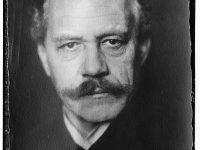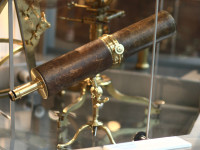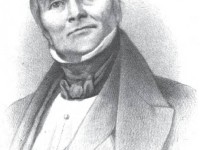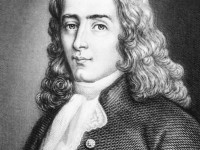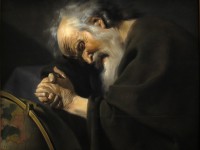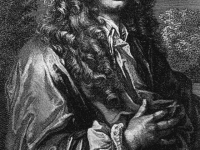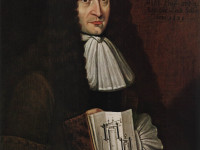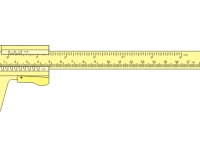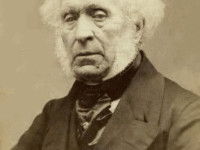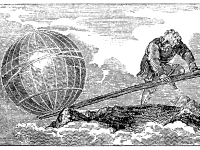Arnold Sommerfeld – Quantum Theory and Famous Students
On December 5, 1868, German theoretical physicist Arnold Sommerfeld was born. Sommerfeld pioneered developments in atomic and quantum physics, and also educated and mentored a large number of students for the new era of theoretical physics. He served as PhD supervisor for more Nobel prize winners in physics than any other supervisor to date. He introduced the 2nd quantum number (azimuthal quantum number) and the 4th quantum number (spin quantum number). He…
Read more

